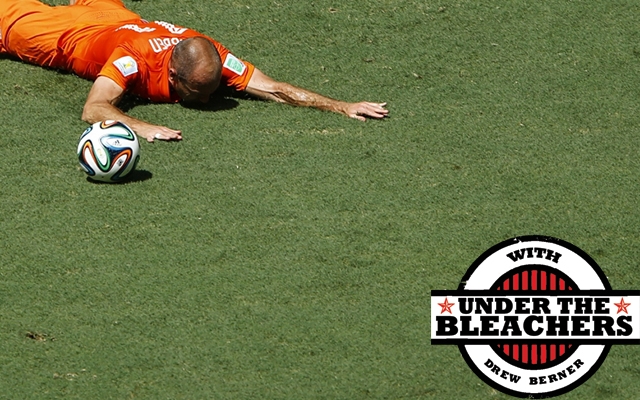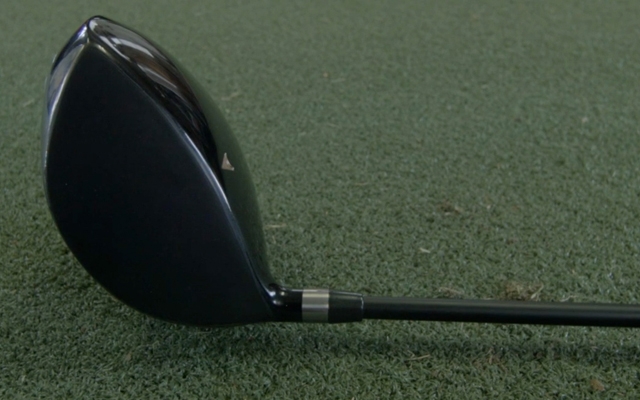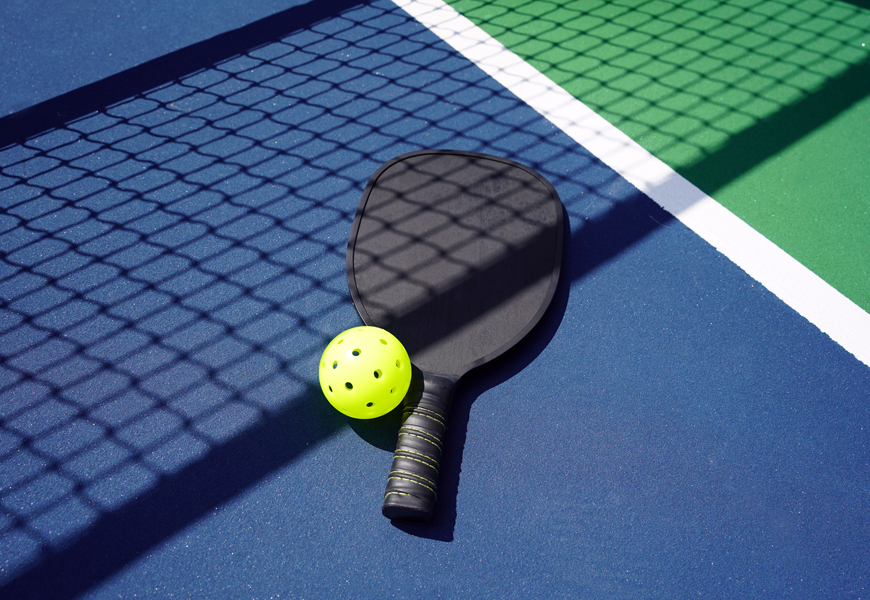Whether you’re a devotee or detractor of the beautiful game, odds are you just said, “diving.”
In fact, if you’re a fan of just about any sport you’ve probably complained about a histrionic reaction to a routine play at some point. It’s embarrassing to watch a professional athlete flop and flail like they’ve been shot in the back; it’s even worse when the replay confirms what we knew all along: they totally fell down on purpose.
But there are different kinds of diving; some of which are inexcusable and others that are completely understandable. There’s making up a foul that didn’t happen; there’s embellishing a foul that did happen; and there’s dramatic playacting meant to imply the foul had a worse effect than it did.
Inventing a foul where there was no foul is indefensible—it’s flat-out cheating. To attempt to deceive an official into giving one team an advantage they don’t deserve is unsportsmanlike and offensive. Any player, in any sport, should be punished harshly for doing so—and, in some sports, they are.
Sure, it’s a problem in soccer, but the NBA has been battling “flopping” for years, finally implementing official disciplinary procedure two years ago. Players still flop—Dwyane Wade was fined $5,000 for flopping in game two of the NBA Finals this past season—but the negative repercussions, not just from the league but from the fans and their fellow players, has to be having an effect.
Likewise, writhing on the ground, pretending to be in agony is shameful. No one wants to watch a player fake an injury, only to hop back on their feet after the other team has been penalized or a sufficient amount of time has been wasted.
Soccer is well-known for this brand of diving, and with good reason: the Wall Street Journal found such 293 incidents in just 32 games of the 2014 World Cup, accounting for nearly two full hours of wasted playing time. To be sure: these aren’t players who had to leave the game—five times Brazilian star Neymar, who eventually suffered a fractured vertebrae on a true foul, fell to the ground in apparent anguish, only to be back on his feet in 15 seconds or less.
Hockey tends to unilaterally shame those who don’t try to play as hard as they can, even if they’re truly hurt—if your limbs are attached, play on. Alexei Kovalev, a highly skilled player with more than 1,000 points in his career, will be remembered most for two incidents: the first in 1995, when, as a member of the New York Rangers, he faked an injury that negated a goal for the Quebec Nordiques; the second cost his Montreal Canadiens a playoff game when he pretended to be injured by a slash, ignoring the puck and allowing the Boston Bruins to score. He could have scored 10,000 points and he’d still have a well-deserved reputation as a faker.
Faking an injury isn’t good, but officials understand that injuries can happen during the normal course of play and so aren’t necessarily more likely to hand out punishment because a player got hurt. The attempted deception is there, but it’s less likely to have the intended effect—when it does, you kind of have to blame the official for falling for it, and when it doesn’t work it tends to embarrass the diver.
But then there’s embellishment, which, unfortunately, is a necessary evil in some sports. Think of how big a soccer field is, and how difficult it would be for soccer officials to see what all 22 players on that field are doing at all times, and it’s easy to see how many fouls would be missed if players didn’t “go to ground” when they’d been fouled. How can an official 30 yards away be expected to see when one player steps on another player’s foot, or yanks on their jersey, or gives them a shove in the back? In those cases it’s necessary, even proper, for a player to indicate to the official that they’ve been fouled by falling down.
But also consider hockey—how hard is it for a referee to see when one player is holding another’s stick, or notice the split second when someone gets high-sticked? That’s exactly why players are trained to let go of their stick if an opponent is holding it and why they instinctively grab their head if a stick even grazes them—they’re legitimate fouls that deserve to be called, and there’s nothing wrong with helping a referee to better see what’s happening.
It’s perfectly reasonable to complain about diving, it certainly doesn’t make any sport more enjoyable to watch. But keep in mind that sometimes embellishing is necessary to keep the game fair.












